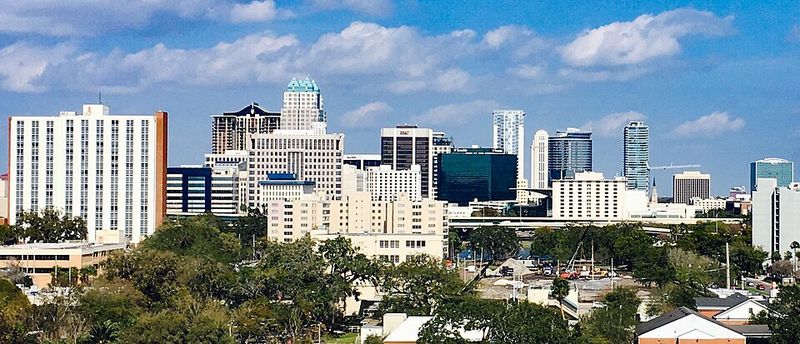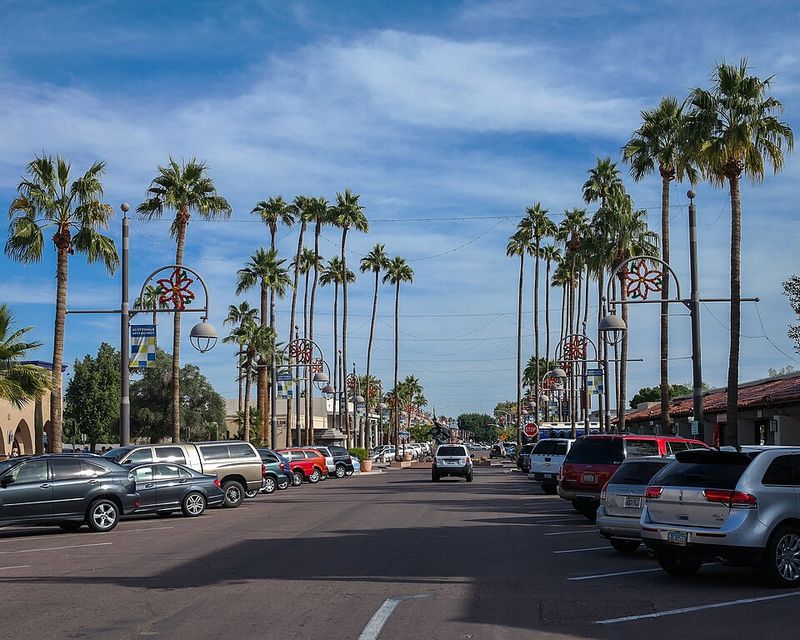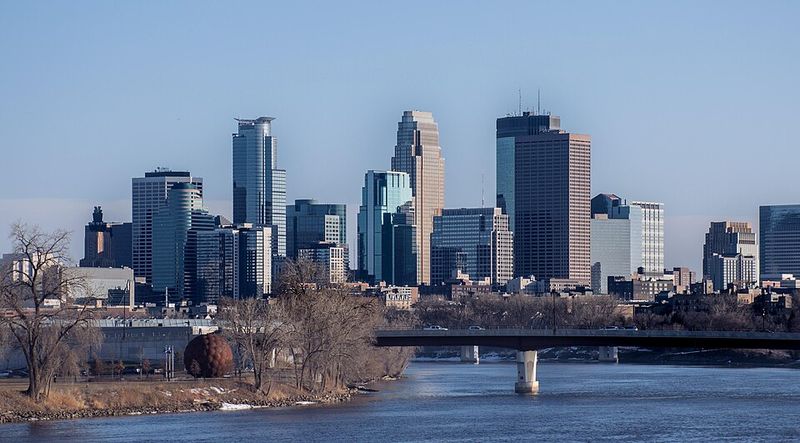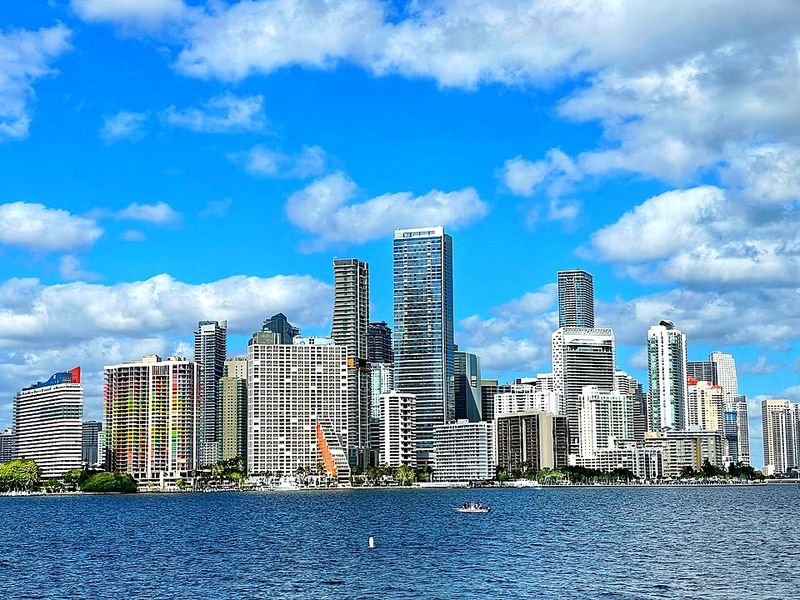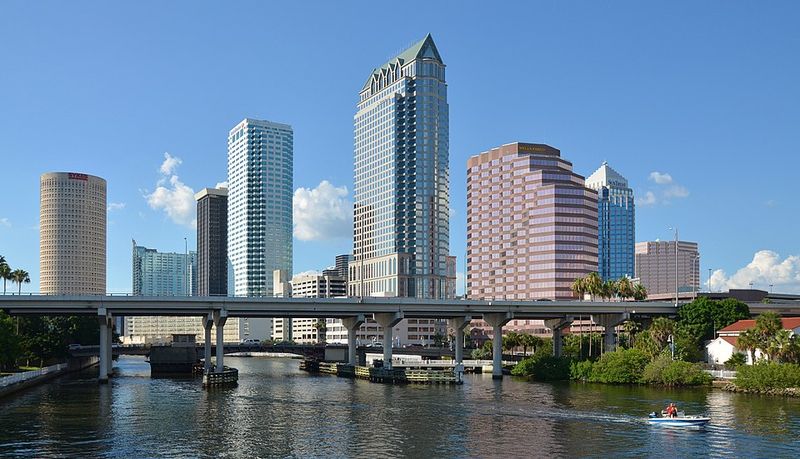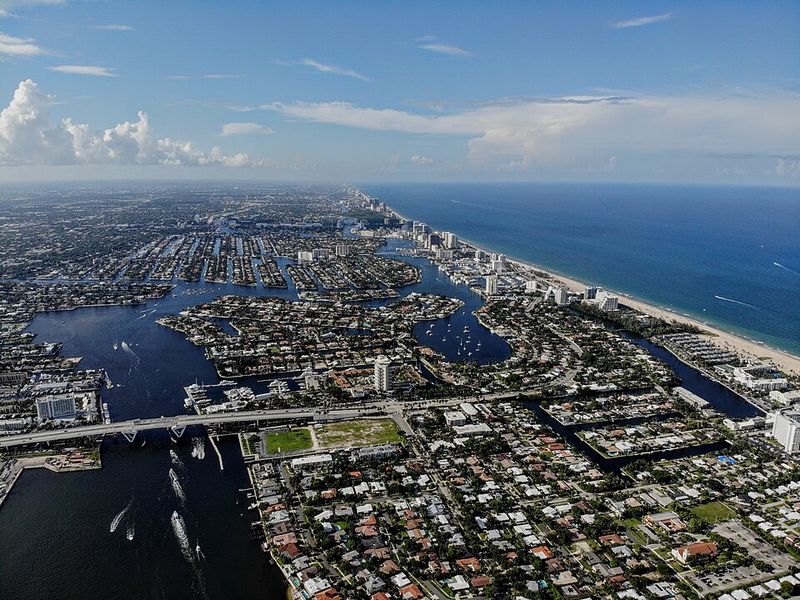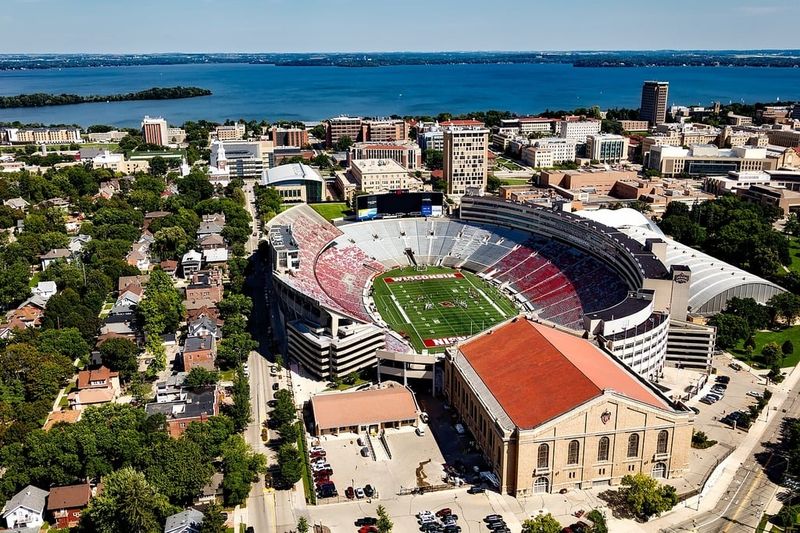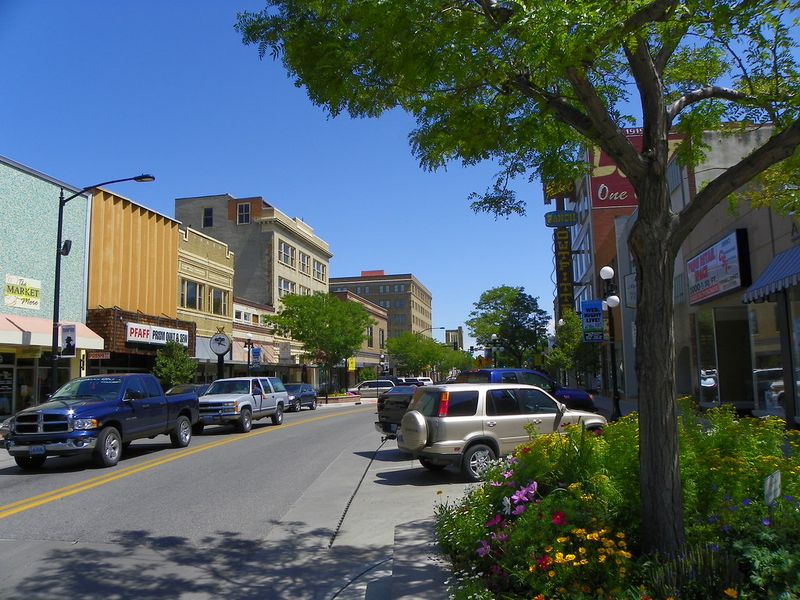Choosing where to spend your golden years is one of the most important decisions you’ll ever make. The right retirement city can stretch your savings, keep you entertained, and ensure you get the medical care you need when you need it. Luckily, experts have crunched the numbers on everything from tax rates to healthcare quality to recreation options, and some cities clearly stand out from the crowd.
1. Orlando, Florida — The All-Around #1
Orlando has claimed the top spot in 2025 retirement rankings, and it’s not just because of Mickey Mouse. WalletHub analyzed 45 different factors and found that Orlando strikes a rare triple win: affordable senior services, no state income tax, and endless things to do.
Homemaker services and adult day care cost significantly less here than in most metro areas. Retirees on fixed incomes appreciate how Florida’s tax structure lets every dollar go further.
Beyond the famous theme parks, daily life includes fishing lakes, vibrant arts venues, live music, and extensive green spaces. The region also boasts a strong network of hospitals and specialized senior programs, making healthcare both accessible and competitive in quality.
2. Scottsdale, Arizona — Lifestyle First, With Solid Care
Scottsdale grabs the number-two ranking by offering something many retirees crave: year-round sunshine paired with cultural richness. Golf courses, art galleries, book clubs, and volunteer programs fill calendars here, while the desert climate stays comfortably warm most months.
Arizona doesn’t impose estate or inheritance taxes, which simplifies long-term financial planning for families. That tax advantage adds real peace of mind when mapping out legacy goals.
The greater Phoenix metro area surrounds Scottsdale with reputable hospitals and specialty clinics, so healthcare access remains strong. If your retirement dream includes morning gallery visits and evening desert sunsets with robust community events in between, Scottsdale checks every box.
3. Minneapolis, Minnesota — Care and Culture on a Budget
Minneapolis earns its third-place ranking through an impressive combination of world-class healthcare, extensive parks, and a thriving arts scene—all at prices well below coastal cities. The Twin Cities region is home to several nationally ranked hospitals, giving retirees deep access to specialized care.
For those who want part-time work in retirement, Minneapolis also scores high for elder-friendly job opportunities. Cultural amenities rival much larger metros, with theaters, museums, and green spaces woven throughout the city.
Yes, winters bring snow and cold, but if top-tier medical centers and abundant low-cost recreation matter most to you, Minneapolis delivers heavyweight value that’s hard to beat elsewhere.
4. Miami, Florida — Big-City Energy, Strong Healthcare
Miami ranks fourth for 2025 by blending cosmopolitan flair with serious healthcare infrastructure. The city pulses with festivals, world-class dining, museums, and outdoor activities that keep retirees socially and physically engaged.
Living costs run higher than in other Florida metros, but Florida’s zero state income tax helps offset housing expenses. More importantly, Miami’s dense network of specialists and medical centers means you’re never far from cutting-edge treatment.
If you want a retirement filled with international culture, waterfront living, and access to top doctors—without leaving a warm climate—Miami deserves serious consideration. The energy here keeps many retirees feeling decades younger than their birth certificates suggest.
5. Tampa, Florida — Coastal Lifestyle, Friendlier Prices
Tampa lands at number five by offering much of Miami’s coastal charm at a noticeably lower price point. Waterfront access, professional sports teams, and year-round outdoor activities create a lifestyle many retirees dream about.
Florida’s retiree-friendly tax environment applies here too, with no state income tax eating into Social Security or pension checks. WalletHub’s recreation scores highlight Tampa’s strong showing in entertainment and leisure options.
The region also supports robust senior services and healthcare networks, making it a pragmatic choice for those who want both fun and security. Tampa strikes that sweet spot where coastal living meets budget consciousness, giving you beach days without breaking the bank on everyday expenses.
6. Atlanta, Georgia — Big-City Arts and Parks With Deep Healthcare
Atlanta combines Southern hospitality with big-city amenities, creating a retirement environment rich in both culture and medical care. The metro area hosts renowned hospital systems like Emory Healthcare and Piedmont, ensuring access to specialists and cutting-edge treatment.
Arts lovers find plenty to explore, from the High Museum to the Atlanta Symphony, while outdoor enthusiasts enjoy the BeltLine trail network and numerous parks. This blend of recreation and healthcare earns Atlanta high marks in both lifestyle and care categories.
Living costs remain reasonable compared to coastal metros, making Atlanta a strong value play. If you want urban energy, world-class museums, and top-tier hospitals without paying New York or San Francisco prices, Atlanta fits the bill perfectly.
7. Fort Lauderdale, Florida — Beaches, Boating, and Tax Benefits
Fort Lauderdale has earned its nickname as the “Venice of America” with over 165 miles of scenic waterways threading through the city. Boating culture thrives here, and retirees who love the water find endless opportunities to sail, fish, or simply enjoy waterfront dining.
Florida’s lack of state income tax once again helps stretch retirement dollars further, a consistent advantage across the Sunshine State. Beyond the beaches, Fort Lauderdale offers arts districts, shopping, and a laid-back vibe that appeals to those seeking relaxation.
Healthcare access is strong thanks to proximity to major medical centers in the greater Miami-Fort Lauderdale corridor. If your retirement vision includes morning beach walks and afternoon boat rides, Fort Lauderdale turns that dream into affordable daily reality.
8. Cincinnati, Ohio — Midwest Value With World-Class Care
Cincinnati surprises many with its combination of cultural depth and medical excellence, all wrapped in Midwest affordability. The city’s museum scene, including the Cincinnati Art Museum and National Underground Railroad Freedom Center, rivals much larger metros.
Healthcare shines particularly bright here, with renowned systems like Cincinnati Children’s Hospital and UC Health providing specialized care across the region. Parks and green spaces line the Ohio River, offering peaceful retreats and recreational trails.
Cost of living stays well below national averages, making retirement savings last longer while still enjoying big-city amenities. Cincinnati proves you don’t need to move to Florida or Arizona to find the perfect balance of lifestyle, care, and value—sometimes the answer sits right in the heartland.
9. Madison, Wisconsin — University Town With Outdoor Appeal
Madison brings together university-town energy and natural beauty in a way few cities can match. Nestled between two lakes, the city offers miles of trails for biking and walking, plus parks that burst with activity during warmer months.
The University of Wisconsin anchors a vibrant cultural scene filled with lectures, performances, and lifelong learning opportunities that keep retirees intellectually engaged. Medical care benefits from the university’s health system and other respected regional centers.
Winters require some adjustment, but the trade-off includes lower living costs and a community that values education and wellness. If you picture retirement as morning lakeside walks followed by afternoon lectures or concerts, Madison creates that lifestyle naturally while ensuring quality healthcare remains close at hand.
10. Casper, Wyoming — Outdoor Recreation Meets Tax Advantages
Casper offers something completely different from the other cities on this list: wide-open spaces, genuine Western character, and tax benefits that help retirement funds stretch remarkably far. Wyoming levies no state income tax, and property taxes remain low compared to national averages.
Outdoor recreation defines daily life here, with fishing, hiking, and wildlife viewing practically on your doorstep. The pace slows down in Casper, which appeals to retirees seeking quiet and natural beauty over urban bustle.
While healthcare options are more limited than in larger metros, regional medical centers serve the community adequately for most needs. If your retirement dream involves mountains, rivers, and financial breathing room—with fewer crowds and traffic jams—Casper delivers authentic Western living at exceptional value.

